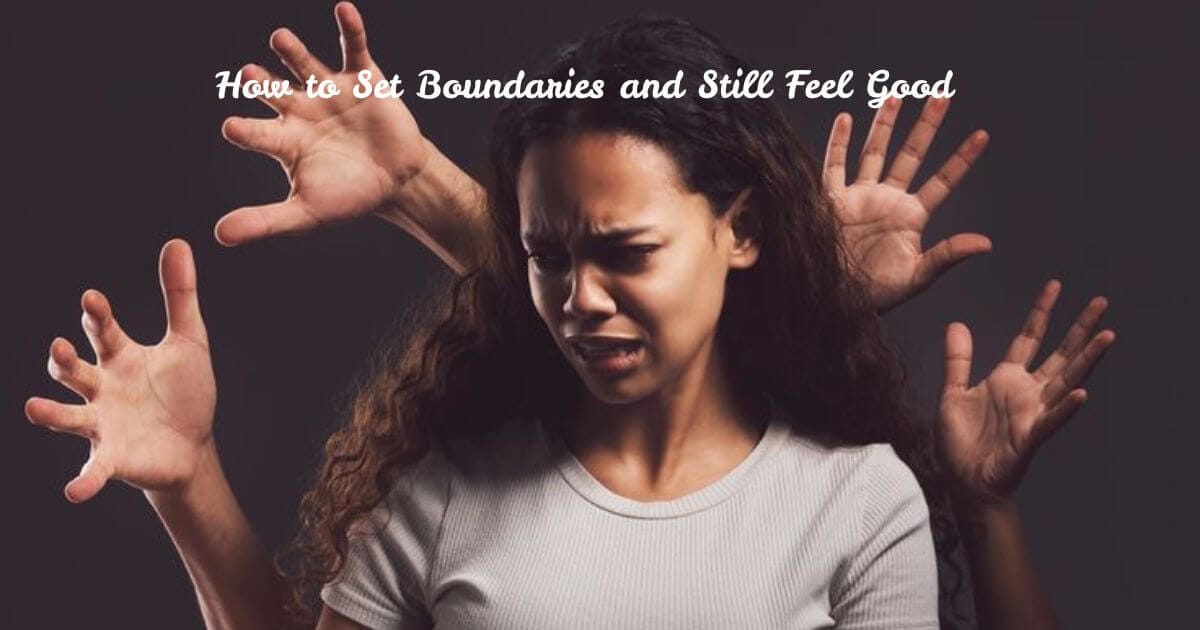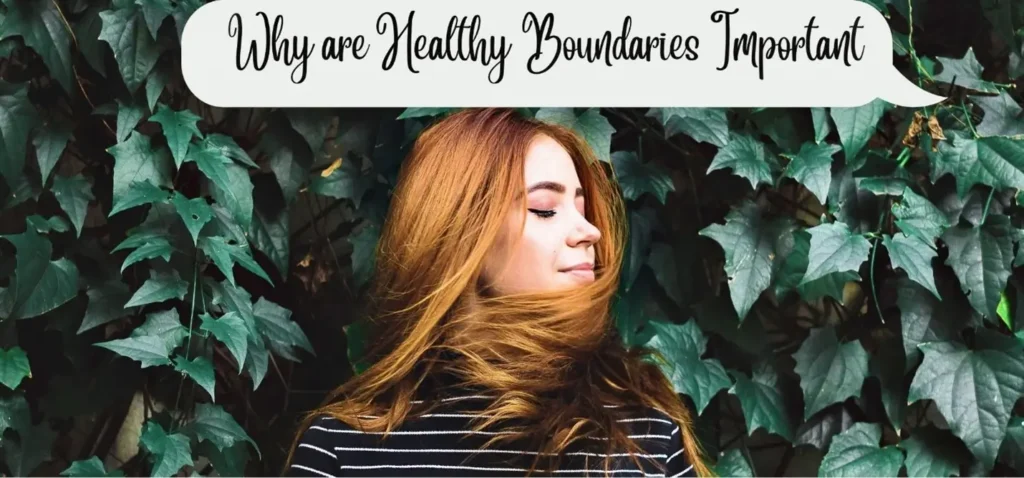
Do you know, it is not uncommon for individuals to feel guilty about having emotional boundaries? Emotional boundaries are simply one part of that balance. You can prioritize your peace and be kind, it is just a matter of learning how to do it guilt-free. Both Islam and psychology support our emotional wellbeing.
Islam teaches balance and boundaries
Islam teaches the concept of wasatiyyah, which is the middle path in all things. During this he says, “Allah does not burden a soul beyond that it can bear.” (Qur’an 2:286). He uses this verse to highlight that we are not meant to carry everyone else’s emotional pain, Prophet Muhammad ﷺ also had emotional boundaries when he excluded himself for a period at the cave of Hira. The time he spent alone was essentially a spiritual boundary. Never did he feel bad about taking the time he needed to go further to Allah.

Real Life Case Study from the Qur’an: Musa (AS)
Musa (AS) faced emotional pain due to Bane Israel’s complaints and blame. Yet, he maintained his steadfastness. He demonstrated his feelings while establishing boundaries. He prayed to Allah saying, “My Lord, expand for me my chest…” (Qur’an 20:25). Musa (AS) was asking Allah for strength internally, not an escape. This is an example of establishing healthy emotional boundaries with guilt.
Case Study 2 from the Qur’an: Maryam (AS)
Maryam (AS) went through hurtful emotional pain. People accused her, unfoundedly. She withdrew to a distant place (Qur’an 19:22). That was her boundary; she needed to find silence, not noise. She kept away from individuals during labor because she wanted to connect to her inner self with Allah. This was spiritual self-care, not selfish.
Signs That You Don’t Set Emotional Boundaries
You agree to things your heart wants to decline. You soak up other people’s stress too easily. You are scared to find out how someone else will judge you. You feel depleted after talking to people. You constantly avoid conflict. You never say, “Sorry, but this is way too much.” You feel like you are emotionally drowning.
Psychology Case Study: Sarah the Empath
Sarah was a 28-year-old teacher who cried each night. While she didn’t understand why she cried, she always loved helping others – students, friends, or even strangers – in some of the toughest times. Helping others was awesome and rewarding, but saying ‘no’ to anyone or anything was not her forte. When Sarah went to therapy for her emotional situation she learned that she had severe emotional boundaries and was just taking on other people’s pain. Her healing really began when she started to be able to say, “This pain is not mine.” Boundaries became her healing strategy or tool. She never had to feel guilty about helping others again. She now supports others, but with a place of peace of mind.

The Spiritual Importance of Emotional Boundaries
The heart (qalb) is the heart of one’s faith. Imam Al-Ghazali said the heart acts like fortress. It is something that must be protected, just as a fortress is protected, and care should be taken to secure what can enter (and other things one would prefer not to enter). What may easily cause harm without careful boundaries is emotional baggage or emotional burdens. Islam speaks of protecting and purifying the soul. Allah said in the Qur’an, “And do not follow that of which you have no knowledge…” (Qur’an 17:36). This is to say, let go of anything that is not yours to carry (including emotional burdens)!
Typical Guilt Thoughts and How to Replace Them
When people think, “They will think I am selfish,” you need to reframe as “Allah sees my heart.” Or when they think, “They will need me forever,” then it is in the framing of, “I am a better helper when I am whole.” Another one they may have is “If I say no, they will leave me.” When you hear that, think, “The people who need want me will stay.” And finally, someone may have “Good Muslims always give.” You must think, “No good ever comes from unlimited giving, I’m going to burn out!”
Practical Ways to Make Boundaries with Kindness
Start with small “no’s.” Use soft language but direct words. Smile across your limits. Try saying “I need time to think.” Or, “Let me get back to you.” Let others take advantage of you when your cup is full, not empty. Also, pray for strength. Say “O Allah, protect my heart.” Remember to do your morning adhkar to protect your energy. Practicing spirituality helps with setting emotional limits.
Read more: How Travel Alters Your Thought Patterns
What Will Happen When You Don’t Set Boundaries?
You feel quickly drained. Your mind feels foggy. You start to resent people. You feel unseen and unworthy. You start acting in ways that are either disruptive or emotional locking yourself down. You start at connection and then move to bitterness. This is not how your deen wants you to live. The Prophet ﷺ had emotional limits he made clear. When he saw that he was going to have his peace taken away, he protected it with wisdom.

The Importance of Healthy Boundaries
Healthy boundaries promote self-respect, enhance emotional clarity, make space for spiritual growth, allow you to love others from a place of power, eliminate the fear of saying ‘no’, allow you to make your soul peaceful again, increase your closeness to Allah, let you stop living in emotional chaos, and create a new standard of peace.
Islamic Reminders about Healthy Boundaries within Yourself
Allah says, “Indeed, in the remembrance of Allah do hearts find rest.” (Qur’an 13:28). You can protect your heart by remembering Him. Another Ayah says, “And be moderate in your pace…” (Qur’an 31:19). Be moderated in your emotional pace too. The Prophet (saw) said, “Say what is good or remain silent.” Silence is a boundary as well. You do not have to share your emotions with everyone.
Final Takeaways
You are not weak for needing to set aside space for yourself. You are not bad for saying no. You have the right to protect your peace. Even prophets have boundaries. You can love and say “not today.” You can care without carrying. That is not selfish. That is wisdom. As Rumi stated, “Close the door to the noise of the world. Open the window to your soul.” Let that be your boundary.



Leave a Reply